As coffee lovers, we’re curious about how regular coffee beans become decaf. What’s the magic behind a tasty, caffeine-free coffee? This guide will explore the world of decaf coffee beans. We’ll look at how caffeine is removed and highlight top decaf coffee brands.
Ever wondered how caffeine is taken out of coffee beans without losing flavor? What makes the best decaf coffee brands stand out? Join us as we share the secrets. You’ll know what to look for next time you want caffeine-free coffee.
Key Takeaways
- Decaf coffee beans go through a special process to remove caffeine but keep their flavor.
- Top decaf coffee brands use methods like the Swiss Water Process and Carbon Dioxide Process.
- Finding the right decaf coffee means knowing about each method and its effect on taste.
- Brands like Peet’s, Koffee Kult, and Volcanica Coffee offer great, tasty decaf options for those who avoid caffeine.
- Exploring decaf coffee can introduce you to a whole new coffee world.
The Science Behind Decaf Coffee Beans
To understand decaf coffee beans, we must look into the science of decaffeination. It’s a tricky task to remove caffeine without losing the coffee’s flavor. Luckily, coffee roasters use several methods to get it right, each with its own benefits.
Decaffeination Process
The decaffeination process takes caffeine out of green coffee beans. The aim is to keep the beans’ special traits like aroma, body, and acidity. This is done through different methods.
Swiss Water Method
The Swiss Water Method is a top choice for decaffeination. It uses pure water and filters to remove caffeine carefully. This method keeps the coffee’s taste bright and full of life.
Carbon Dioxide Process
The Carbon Dioxide Process is another common method. It uses pressurized carbon dioxide to take out caffeine. This way, the coffee’s flavor stays balanced and rich.
Knowing how these methods work helps us value the effort put into making decaf coffee. It’s a high-quality drink we all enjoy.
Preserving the Rich Coffee Flavor
Keeping the rich, complex flavors of coffee is key. The Ethyl Acetate Method is a top choice. It aims to remove caffeine while keeping the coffee’s taste and aroma.
Ethyl Acetate Method
This method uses a natural solvent from fruits and veggies. It removes caffeine from coffee beans. This way, the beans’ natural flavors can show.
First, the coffee beans are steamed. This makes them ready for the decaffeination process. Then, they soak in a solution with ethyl acetate. This solution gets rid of caffeine without harming the other oils and compounds.
The ethyl acetate method controls time, temperature, and solution strength. It tries to keep the coffee’s flavor rich and full. This way, coffee lovers can enjoy their favorite taste without caffeine.

The Ethyl Acetate Method is popular in the coffee world. It’s good at keeping the coffee’s flavor while cutting caffeine. It’s a great choice for those who want to enjoy coffee without caffeine.
Decaf Coffee Beans: How They’re Made and Best Brands to Try
Decaf coffee beans go through a special process. This removes most of their caffeine. Yet, they keep the rich flavor that coffee lovers enjoy.
Peet’s Coffee has a decaf blend that’s a hit. It shows their focus on great taste. Caribou Coffee offers a decaf that’s smooth and balanced. Verve Coffee Roasters has an organic, Fair Trade decaf blend.
Looking to cut down on caffeine or enjoy decaf’s complex flavors? These brands are perfect. Try these caffeine-free options and find your new favorite coffee.
FAQ
What is the decaffeination process for coffee beans?
The decaffeination process removes caffeine from coffee beans. It keeps their unique flavor. The Swiss Water Method and the Carbon Dioxide Process are the most common ways to do this.
How does the Swiss Water Method work?
The Swiss Water Method uses water and osmosis to remove caffeine. It’s a chemical-free process. This method keeps the coffee’s natural flavors and aromas.
What is the Carbon Dioxide Process for decaf coffee?
The Carbon Dioxide Process uses supercritical carbon dioxide to remove caffeine. It’s seen as a natural and eco-friendly way to decaffeinate coffee.
How does the Ethyl Acetate Method affect the taste of decaf coffee?
The Ethyl Acetate Method uses a solvent to remove caffeine. It can leave a slight chemical taste or aroma. But, many roasters have improved this method to reduce its impact on flavor.
What are some of the best decaf coffee brands to try?
Top decaf coffee brands include Peet’s Coffee, Koffee Kult, Death Wish Coffee, and Caribou Coffee. These brands focus on quality, flavor, and responsible sourcing.
Is decaf coffee completely caffeine-free?
Decaf coffee has much less caffeine than regular coffee. But, it’s not caffeine-free. The decaffeination process removes at least 97% of caffeine. There might still be a small amount left.
Read More Blogs:
The 5 Best Keurig Coffee Makers of 2024
The 5 Best Coffee Makers in 2024


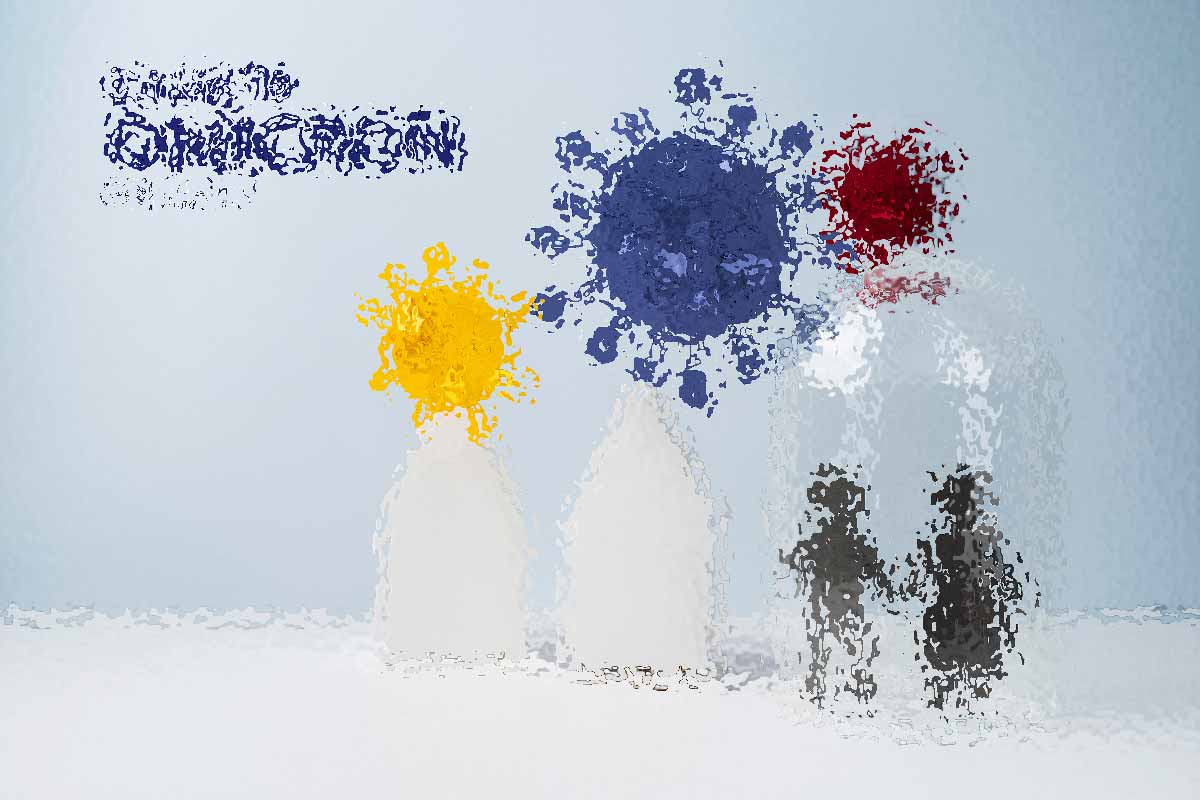

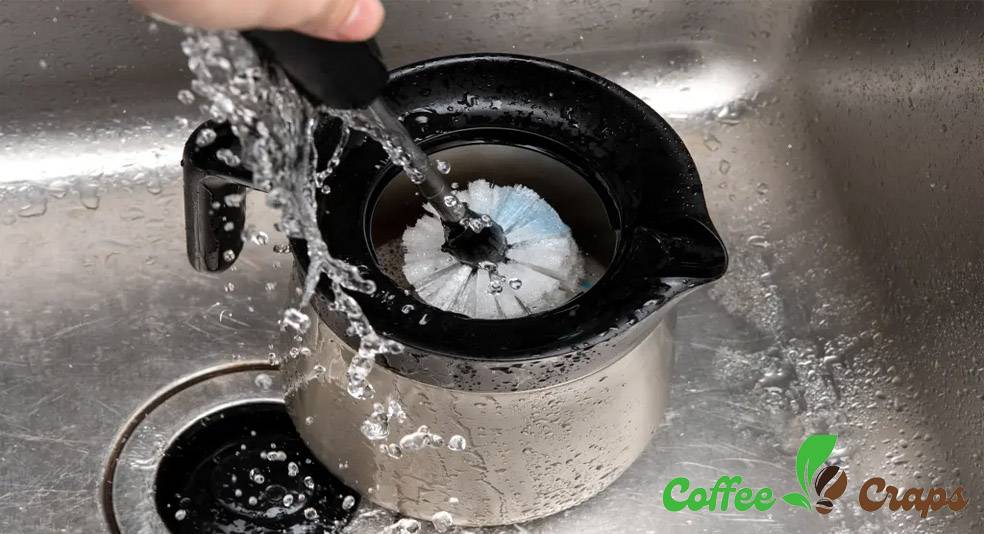
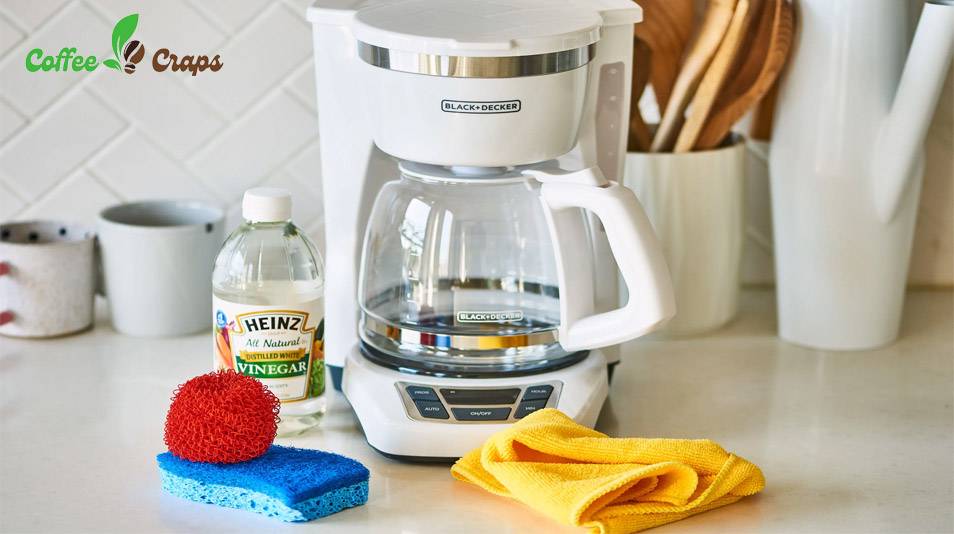
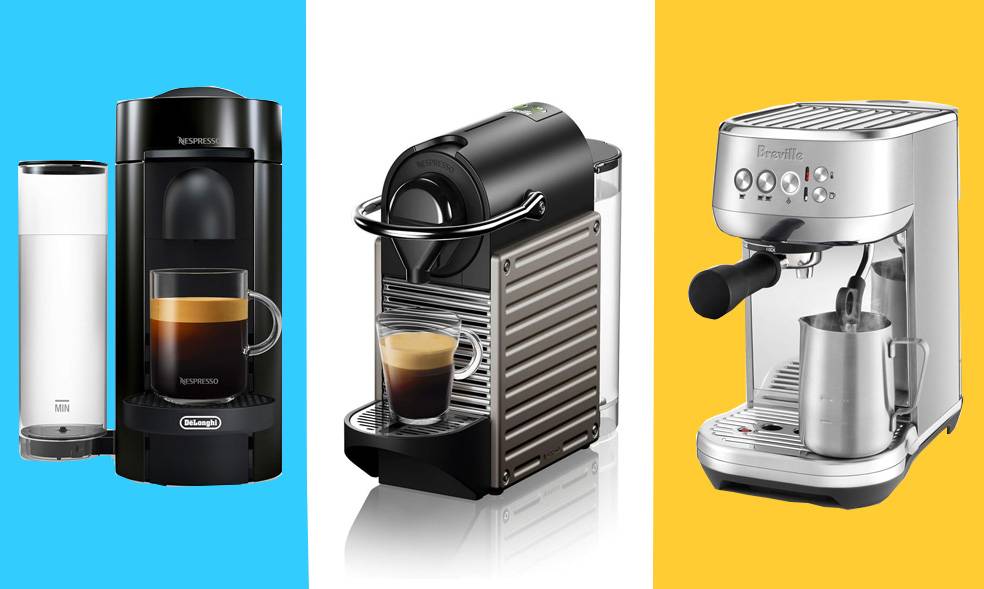

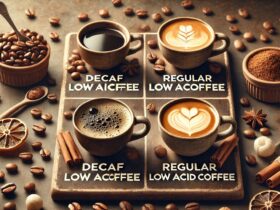

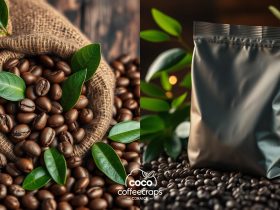
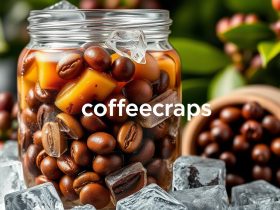
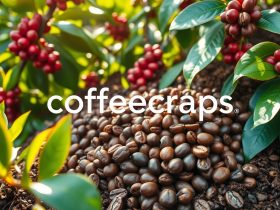
Leave a Reply